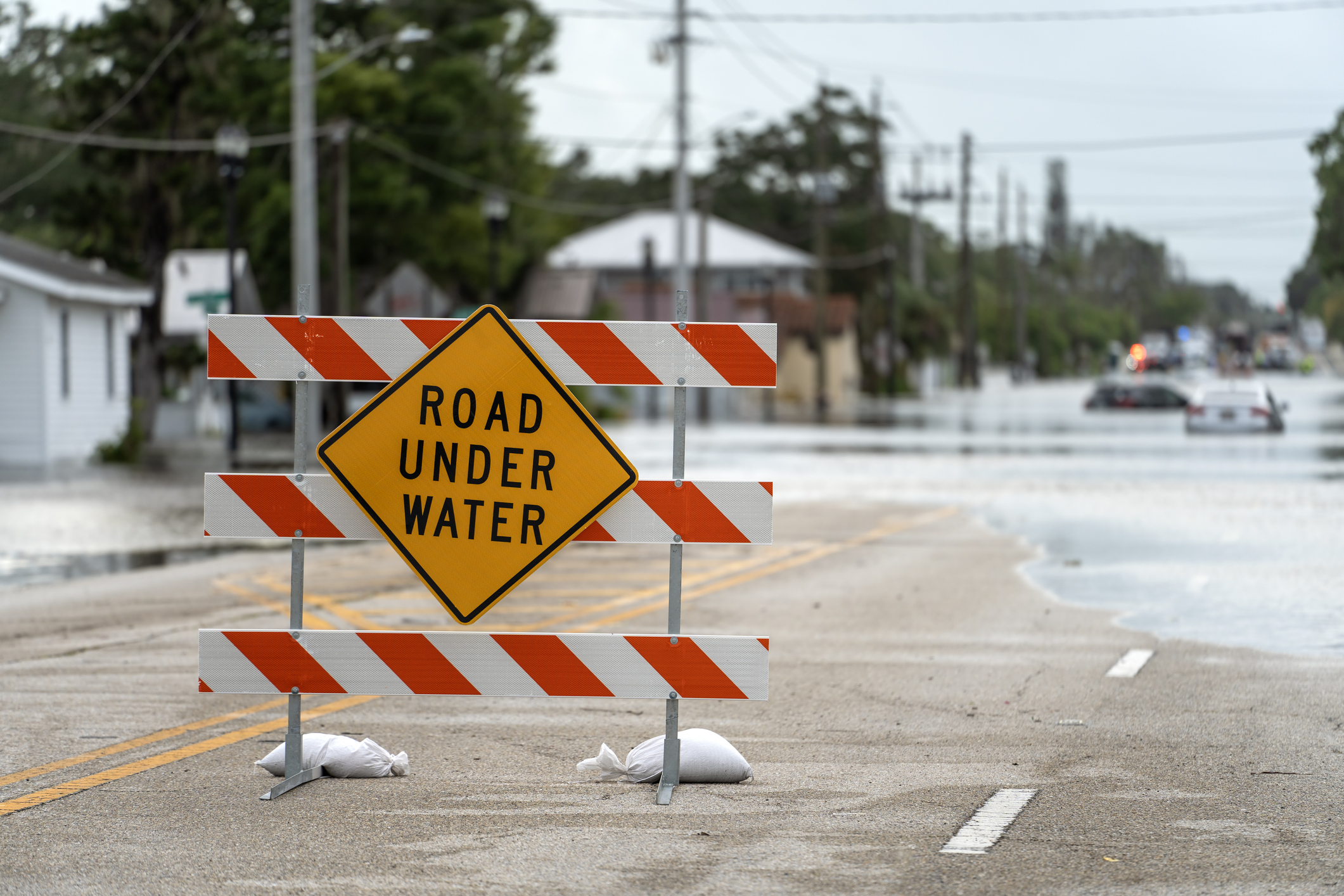"Unable to fund the project through traditional sources, they went online and found 271 people who were willing to make an average donation of $75 to have experts answer the question."
That is how the University of Washington described the funding for Professor Dan Jaffe’s project to measure coal dust from trains in Washington state. Crowdfunding, it was argued, was a more pure approach to funding, free of ideological obligations, allowing the scientists to go where the sciences leads.
It wasn’t exactly true.
What was left out of that release, and all of the public discussion when the study was released, is the fact that the Sierra Club quietly contributed $5,000, more than one-fifth of the total funding, to the effort. E-mails, released to us as part of a public disclosure request, reveal what the UW’s public statements did not.
On March 20, 2013 an attorney from the Sierra Club, seeing discussion of Jaffe’s proposed study, sent an e-mail asking to talk to Professor Jaffe about his work. While there are no e-mails describing their subsequent phone conversation, the Sierra Club sent a check for $5,000 on June 14 of that year.
The Sierra Club was careful not to put anything in writing. So careful that when the check arrived a couple months later, the University deposited it into the wrong account. Jaffe actually had to ask the accounting department to move the check into the account for his project.
That secrecy is consistent with the approach toward this donation. None of the University’s press releases on the study mentioned the Sierra Club donation. Nor did any of the media coverage when the study was initially released, prior to peer review.
When the final report was published, months after release, Jaffe sent a copy to the Sierra Club with the note "I appreciate your support on this!"
Jaffe argues the donation had no effect on his data, but appears to have influenced something the Sierra Club cares more about – the public discussion.
Jaffe’s study found that the diesel train engines did emit pollutants. On the key issue of coal dust, however, Jaffe told one reporter in San Francisco, “That seems to be a non-issue.” In the words of the reporter, "there did not appear to be much coal dust in the air near the rail lines."
That is different, however, from what Jaffe said locally.
One week earlier, Jaffe told KUOW in Seattle, "We did find an increase in large particles in the air when coal trains pass by and it does suggest that it’s coal dust and it’s consistent with coal dust from those trains."
The UW’s press release also said Jaffe’s study "suggests that these trains are emitting coal dust into the atmosphere during transit."
Seattle P-I columnist Joel Connelly, a longtime supporter of the Sierra Club, under a headline of "Coal Trains Mean Coal Dust," picked up on that suggestion, writing,
Passage of more coal trains through Western Washington cities would likely spread more coal dust on nearby neighborhoods, according to findings of a University of Washington-Bothell professor who looked at more than 450 freight, coal and passenger trains from research stations in Seattle’s Blue Ridge and the Columbia River Gorge.
That is quite the contrast from Jaffe’s own conclusion that coal dust is a "non-issue."
What accounts for Jaffe’s widely differing descriptions of the study’s findings just one week apart? It could be that the study was released before it had been peer reviewed. After further thought, Jaffe could have decided his original assessment was incorrect. Why, then, rush the study into the public eye, especially since the media are unlikely to correct a mistaken understanding expressed by Jaffe early in the process?
The donation raises questions about how it influenced Jaffe’s study or his public interpretation of the study. Since Jaffe and the UW were cagey about the Sierra Club’s support – he later acknowledged the donation – it adds a question mark about his interpretation of the results, especially when the data are unclear. Jaffe’s comments say his findings "suggest" coal dust, but this is an interpretation of the data, not a firm result. That interpretation, as opposed to the actual, physical results, is where influence can play a role.
Further, the UW failed when it comes to being transparent about the sources of funding for the study. None of the public statements by the University include mention of the major donor to the study. The reason is obvious. Crowdfunding not only provided funding he could not find elsewhere, it also offered a patina of independence. Revealing that more than 20 percent of the funding came from the Sierra Club would undercut that image.
Coal trains have become the Sierra Club’s signature issue in Washington state. Jaffe and the University of Washington should have understood – and given their opacity, perhaps they did – that accepting a large, secret donation from the Sierra Club would call their work into question. Add to the mix Jaffe’s own differing public statements about his findings, and it is hard to know what to make of the study and the additional research he is currently undertaking.


